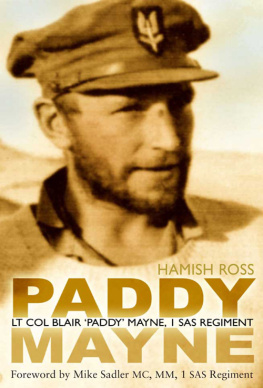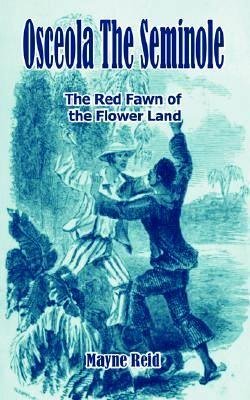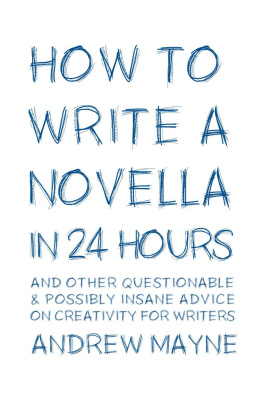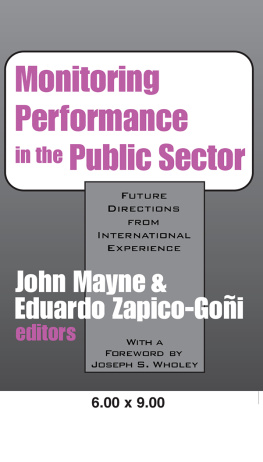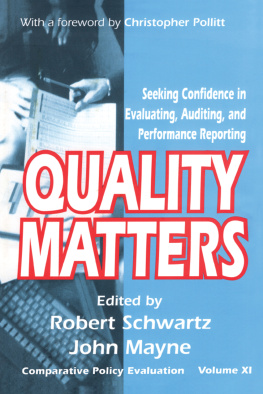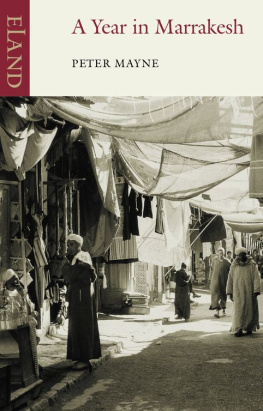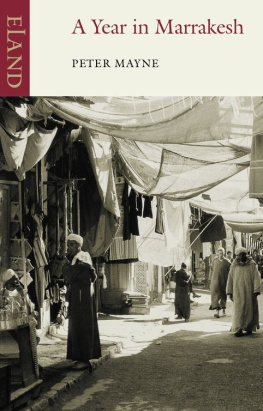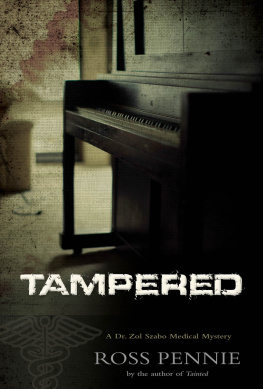Hamish Ross - Paddy Mayne
Here you can read online Hamish Ross - Paddy Mayne full text of the book (entire story) in english for free. Download pdf and epub, get meaning, cover and reviews about this ebook. year: 2011, publisher: The History Press, genre: Non-fiction. Description of the work, (preface) as well as reviews are available. Best literature library LitArk.com created for fans of good reading and offers a wide selection of genres:
Romance novel
Science fiction
Adventure
Detective
Science
History
Home and family
Prose
Art
Politics
Computer
Non-fiction
Religion
Business
Children
Humor
Choose a favorite category and find really read worthwhile books. Enjoy immersion in the world of imagination, feel the emotions of the characters or learn something new for yourself, make an fascinating discovery.
- Book:Paddy Mayne
- Author:
- Publisher:The History Press
- Genre:
- Year:2011
- Rating:3 / 5
- Favourites:Add to favourites
- Your mark:
- 60
- 1
- 2
- 3
- 4
- 5
Paddy Mayne: summary, description and annotation
We offer to read an annotation, description, summary or preface (depends on what the author of the book "Paddy Mayne" wrote himself). If you haven't found the necessary information about the book — write in the comments, we will try to find it.
Paddy Mayne — read online for free the complete book (whole text) full work
Below is the text of the book, divided by pages. System saving the place of the last page read, allows you to conveniently read the book "Paddy Mayne" online for free, without having to search again every time where you left off. Put a bookmark, and you can go to the page where you finished reading at any time.
Font size:
Interval:
Bookmark:
LT COL BLAIR PADDY MAYNE, 1 SAS REGIMENT
H AMISH R OSS

First published in 2003
This edition first published in 2004
The History Press
The Mill, Brimscombe Port
Stroud, Gloucestershire, GL 5 2 QG
www.thehistorypress.co.uk
This ebook edition first published in 2011
All rights reserved
Hamish Ross, 2003, 2011
The right of Hamish Ross, to be identified as the Author of this work has been asserted in accordance with the Copyrights, Designs and Patents Act 1988.
This ebook is copyright material and must not be copied, reproduced, transferred, distributed, leased, licensed or publicly performed or used in any way except as specifically permitted in writing by the publishers, as allowed under the terms and conditions under which it was purchased or as strictly permitted by applicable copyright law. Any unauthorised distribution or use of this text may be a direct infringement of the authors and publishers rights, and those responsible may be liable in law accordingly.
EPUB ISBN 978 0 7524 6965 2
MOBI ISBN 978 0 7524 6966 9
Original typesetting by The History Press
Mike Sadler, MC, MM, 1 SAS Regiment
It is good to be able to welcome a new assessment of Blair Mayne Paddy, to all who knew him in the wartime SAS. There were certainly a number of fellow Irishmen in the regiment at that time, but there was never any doubt as to whom one meant when referring to Paddy. Good also to see a new appraisal at the present juncture when the band of those who got to know him in the war is rapidly diminishing. Furthermore, through his meticulous research the author has turned up much new information, which has become available since the last time anything was published about Paddy and contributes to casting new light upon his outstanding abilities as an unorthodox soldier and on his unusual personality.
Although much has been written in the past about Paddys exploits, some of it has seemed misleading and even rather derogatory. This has been due, in part, to its having been based on hearsay long after the event, and sometimes to the writers inclination to exaggerate a situation for dramatic effect. The present authors researches should go far to provide a more balanced picture of a most remarkable man, and should provide rewarding study for anyone interested in the past history of irregular warfare.
I was fortunate to see quite a lot of Paddy, both in operational and social situations during the war. I first met him in the dusty desert outside Jalo, behind enemy lines in Libya. I was navigator in the LRDG patrol which was to take him and his small SAS team to the vicinity of an enemy airfield at Wadi Tamet, some 350 miles yet further to the west, where he would carry out the first successful raid of the many he was to undertake against enemy airfields. Thereafter, having myself transferred to the SAS, I saw much of him in the desert, accompanied him when he parachuted into occupied France, celebrated with him in Paris (perhaps rather too liberally) following its relief, joined him on visits to his home in Ireland, and saw something of him in the Antarctic on his unfortunately curtailed visit to the south at the end of the war.
From the earliest days, it was obvious to all that Paddy was a brilliant and determined operator in the field. What was less obvious at least to the rank and file such as myself until the capture of David Stirling led to Paddys elevation to command of the regiment, was that he had also developed a considerable talent for the arts of leadership, planning and staff work. The extent to which this has been revealed in the course of the authors researches has been of particular interest to me and no doubt to all who have followed the many and varied interpretations of Paddys career and character. However, his abilities as an administrator notwithstanding, there is no doubt that he could hardly wait to get back to operations in the field, which is where his greatest talents lay.
Although he was a very complex character, and could certainly be unpredictable at times, he was a great person to be with in almost any circumstances. A quiet man who hardly ever raised his voice, he got the results he wanted by his large (in every way) presence and by example. Everyone was very much aware that he would never expect anyone to do anything, or to take any risk, that he was not prepared to undertake himself; and this certainly contributed to his success as an outstanding leader of soldiers in the field of unconventional warfare.
Fiona Ferguson, niece of Lt Col Mayne
Hamish first approached me two and a half years ago with the idea of writing an article about my uncle Blair. I was at first very hesitant was this going to be a rehash of the old stories, only even more embellished? Even as a young girl I was aware that everybody knew Blair personally, and, once my relationship was known, I would have to listen to an even better version of a story I had heard many times before. The pubs in Newtownards must have made a fortune from the number of people in them when Blair was there who had witnessed these deeds in person. I also didnt see how I could help. I was only ten when Blair died my father had given the war diary to the SAS and all I had were the scrapbooks of newspaper cuttings kept by my Aunt Barbara, letters and other documents kept by various members of the family, especially my father and Aunt Francie, plus some of Blairs own papers.
However, Hamish had been given my name and address by Jimmy Storie, whom I had met at the unveiling of the statue of Blair in Newtownards and on a couple of occasions since with his lovely wife Morag. If Jimmy was prepared to talk to Hamish it would be churlish of me to refuse to help in any way I could. What I hadnt realised was that among Francies papers, which came to me on her death, was a diary that Blair had kept in the Antarctic. Soon after he had read this I realised that Hamish was determined to get to the true man and was doing his utmost to talk to the few remaining people who really knew Blair not those acquaintances who claimed friendship so as to bask in the reflected glory.
I knew my father would not react kindly to the idea of a new book, so I did not tell him until I was convinced that Hamish was after the truth warts and all. Dad has now read the manuscript and is very impressed with the research Hamish has undertaken. No previous author has attempted to do anything similar they have just reiterated the stories of armchair friends.
If anyone were to ask me which book they should read about Col Paddy, my unreserved answer would be, the one by Hamish Ross.
What began as an idea for a journal article on Blair Maynes transition from Special Services leader to legal administrator developed into this book thanks to the range of the papers that his family kept. So I am therefore most grateful to Fiona and Norman Ferguson for giving me access on different occasions to the Mayne family papers, specially to Fiona for her patience in responding to my many queries, and for writing a Preface.
I am particularly indebted to the Secretary of the Special Air Service Regimental Association for giving me access to what the Regimental Association refers to as The Paddy Mayne Diary, as well as to other files, and for enabling me to contact former members of 1 SAS Regiment. I should like to thank those contemporaries of Blair Mayne, who not only gave their time to my questions, but reviewed the written transcripts of their interviews, and, in many instances, over a prolonged period, were prepared to re-engage in discussion in the light of further documentation which emerged. I especially want to thank Mike Sadler for the input he gave over almost two years and for writing the Foreword to the book.
Font size:
Interval:
Bookmark:
Similar books «Paddy Mayne»
Look at similar books to Paddy Mayne. We have selected literature similar in name and meaning in the hope of providing readers with more options to find new, interesting, not yet read works.
Discussion, reviews of the book Paddy Mayne and just readers' own opinions. Leave your comments, write what you think about the work, its meaning or the main characters. Specify what exactly you liked and what you didn't like, and why you think so.

